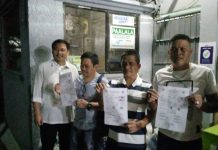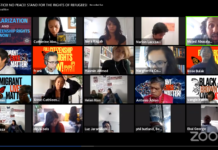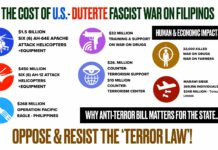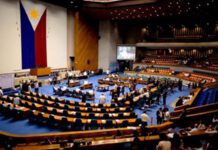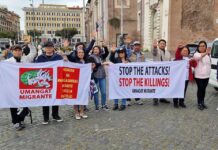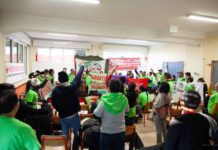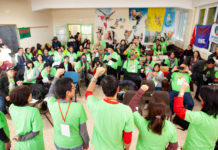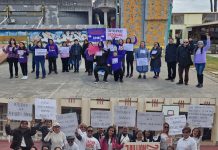15 October 2017
London, United Kingdom
On behalf Migrante-Europe, I would like to congratulate you all as you gather and celebrate for the Fifth Filipino Food Fair in Rome. With the theme: “Muling pagsaluhan pagkaing ambag, na siyang kalakasan ng ating pamilya at nagkakaisang kababaihan”, I firmly believe that the celebration will all also be an opportunity to all to strengthen the unity and identity of Filipino diasporas in Italy and in Europe.
Food security
In many developed countries food is always identified with culture. But in countries like the Philippines food is a symbol of economic and political struggle both for survival and identity. The World Food Summit in 1996 declared that: “Food security exists when all people, at all times, have physical and economic access to enough safe and nutritious food to meet their dietary needs and food preferences for an active and healthy lifestyle.”

The Harvest in not enough
The Philippine economy depends mainly on agriculture. However, the peasant sector being one of the major forces of Philippine society for economic progress benefits less from the improvement of economy especially in globalize economic order. Almost forty percent of Philippine land is devoted to agricultural production but most of the land produces crops that are for export rather than crops for local consumption, hence, the nation cannot feed its people without importing staple food from the neighbor countries.
Landlessness is food insecurity
Majority of the Filipino peasants do not own sufficient land to match their household needs. Most farmers in the rural communities depend only on seasonal farm-based wage labor. During critical period of rice and corn
cropping that include planting, weeding and harvesting, the whole family – children included – work as farmhands in exchange for cash. In between planting, weeding and harvesting periods, family members, especially the able-bodied, temporarily migrate outside the community and work as house helpers, construction workers and other unskilled jobs in order to obtain cash for household needs.
Struggle for land ownership, struggle for social change
For the landless farmers, to have access and control of land that is the basic component of the means of production is a complete reversal of their present situation. To own a land is the hope and dream of many landless peasants and is a vital sign of new life with dignity in a new world filled with various blessings. With the land under the control and ownership of the farmer-tillers, and with the government and other stake holders providing them with the needed support services such as capital, farm inputs and pre and post harvest facilities, many peasant families will be free from unjust feudal relationship. This means farmer-tenants will no longer be subjected to excessive land rent, loan sharks and usury, and farm workers will no longer receive ‘slave-wages’. With this, farmers and their family shall enjoy the full fruits of their labor. More importantly, they shall have the capacity to address their basic needs and develop their potentials and subsequently contribute to the total development and progress of the community and the larger Philippine society.
Today as you are gathered, may this occasion remind you of the economic poverty situation back in our home country and the challenge to each one of us to participate in achieving genuine social change. Like in the Gospel reading today, may you become one of those chosen few who were called to serve the least, the lost and the last of Jesus Christ’s brethren.
Mabuhay ang UMANGAT and Gabriela-Rome!
Mabuhay ang pakikibaka ng mamamayang Pilipino tungo sa ganap na panlipunang pagbabago!
Fr. Herbert Fadriquela
Chairperson
Migrante Europe

